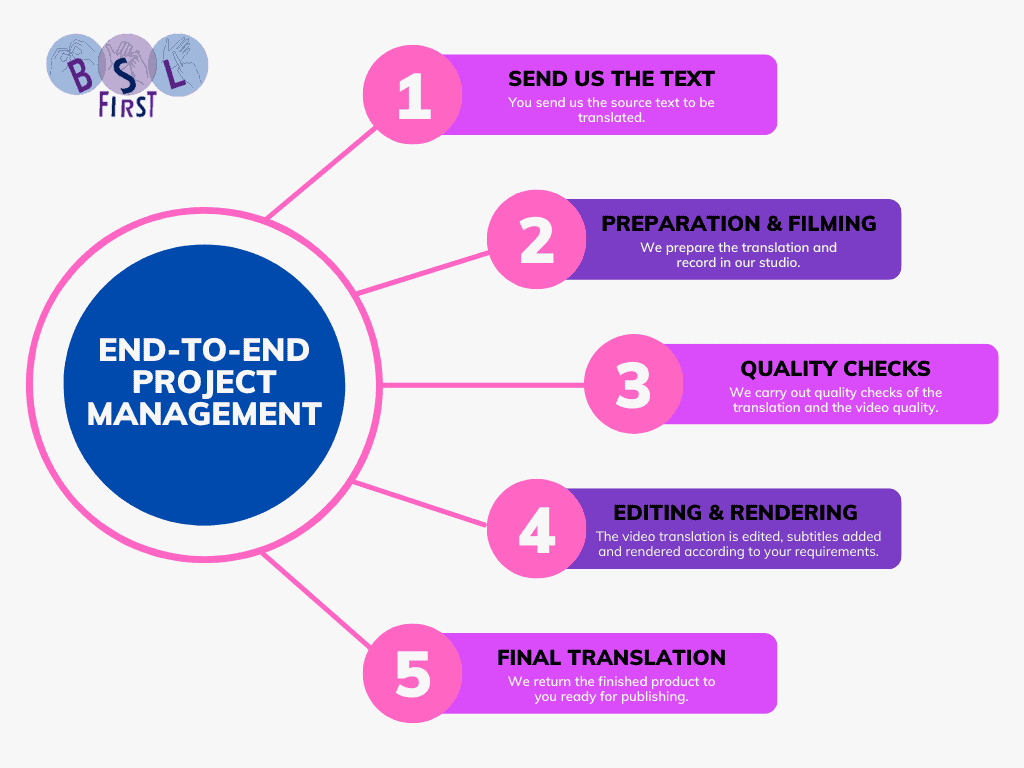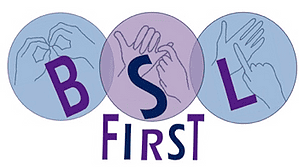BSL Translation
Making your content accessible is easy with our BSL translation service. We’ll take care of everything from start to finish.
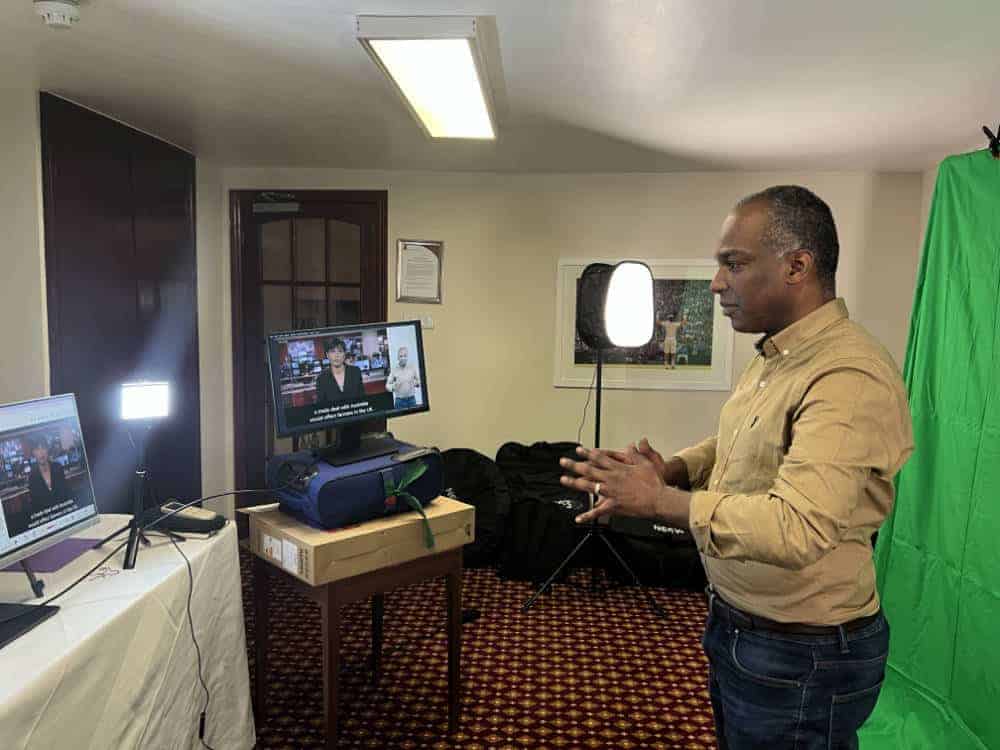
The role of a BSL Translator
BSL translators work between written English and British Sign Language (BSL) (in contrast, BSL/English Interpreters work between spoken English and BSL). BSL translation is a highly technical skill that involves translating complex written documents from English into BSL. This may involve broadcast translations, e.g. to be broadcast on TV screens in public service buildings; in-vision translations of TV programmes to be broadcast on national TV; or translations of technical texts, e.g. legal contracts.
BSL Translators are required to undertake extensive training at Level 6 of the National Occupational Standards (equivalent to undergraduate level) and are certified and regulated by the National Register of Communication Professionals working with Deaf and Deafblind People (NRCPD), which is the national regulatory body for BSL/English Translators (and other communication professionals).
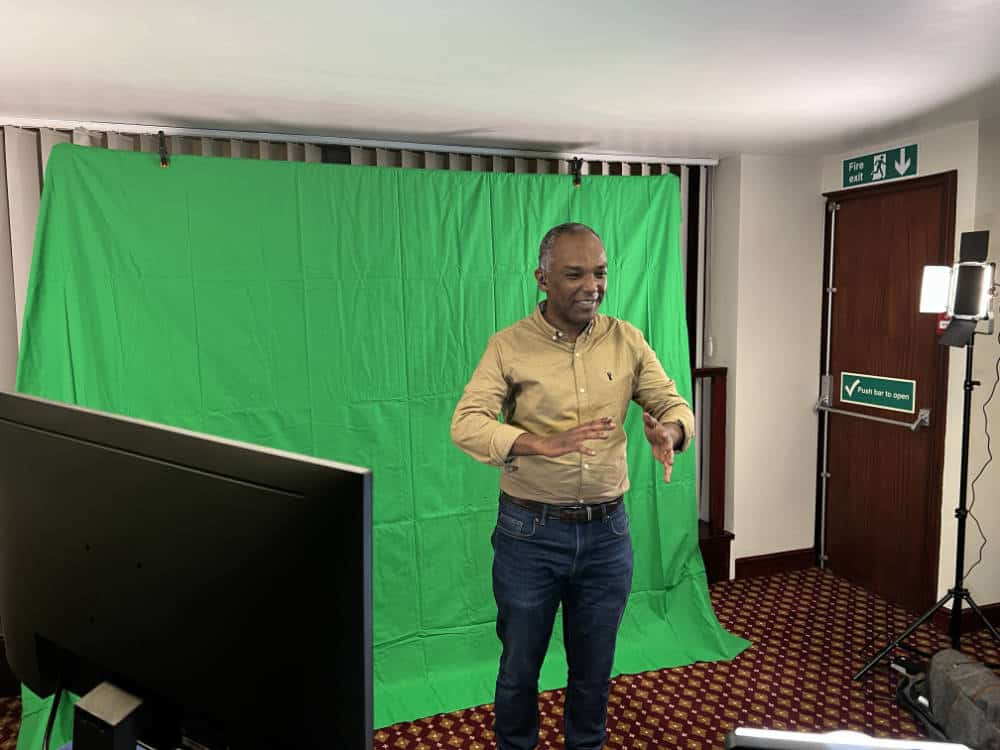

National Register of Communication Professionals Working with Deaf and Deafblind People (NRCPD)

NRCPD is the professional regulatory body for sign language interpreters and sign language translators in the UK. NRCPD registration means that interpreters and translators have agreed to follow a code of ethics and to hold themselves accountable for their work through a formal complaints process. There are two categories of registration.
Registered Sign Language Translator (RSLT)
Registered Sign Language Translators (RSLT) are native BSL signers, hold a level 6 qualification in BSL and a level 6 qualification in sign language translation.
The fact that qualified BSL translators must have native competency in BSL is in line with industry standards where best practice is to translate “only into one’s native language, as this ensures that the target language is as natural and coherent as possible for end user” (ITI 2018).
Trainee Sign Language Interpreter (TSLI)
Trainee Sign Language Translators (TSLT) have skills in English and in translation at Level 4 of the National Occupational Standards (B2). Due to this lower skill level, TSLTs may not be used for complex translation projects where there is a significant risk to the parties involved, e.g. the translation of legal contracts.
BSL Translation Services
We offer a professional BSL translation service. We only use qualified or regulated trainee BSL translators registered with the NRCPD. We have expertise in translation, filming and editing to ensure that you receive a high quality final product. We film in HD as standard. We provide face-to-face interpreting services across London and the South East
Website Translation
- Written content on websites
- Audio content on websites (with or without transcript)
- Subtitling of audio or BSL videos
Document Translation
- Letters
- Contracts
- Books (fiction, non-fiction, children's etc.)
- Leaflets and brochures
- Fact sheets and information packs
- Academic articles
- Leaflets and brochures
In-vision Translation (from subtitles, transcript or audio)
- Live stream videos (Vimeo and Youtube etc.)
- Information and educational videos
- Conference speeches
- Pre-recorded training webinars
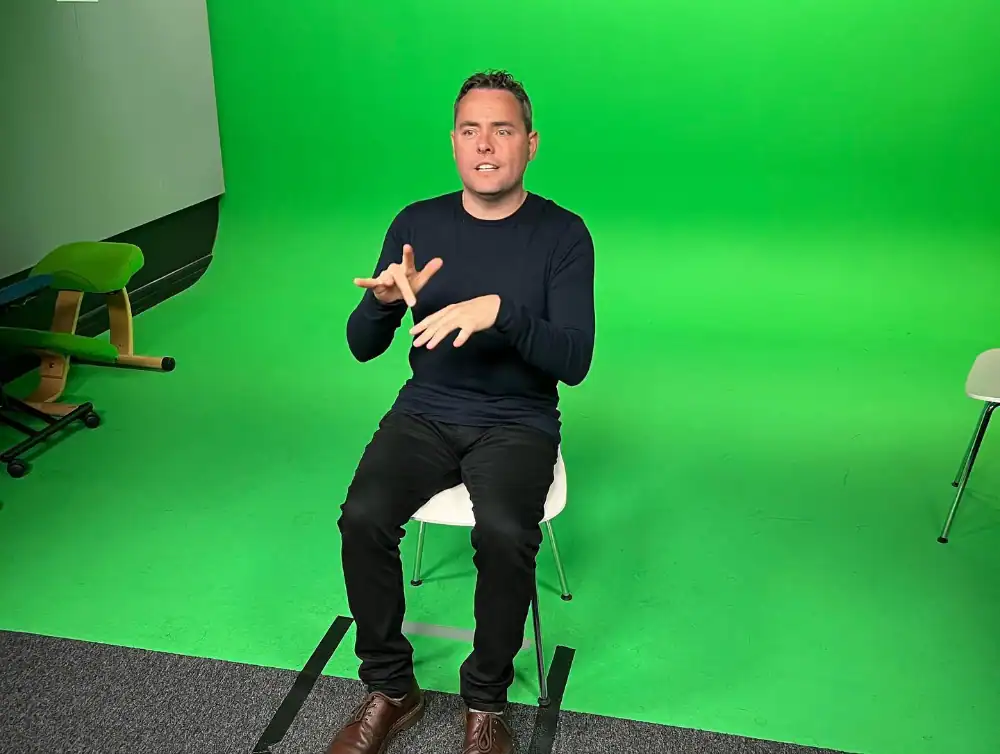
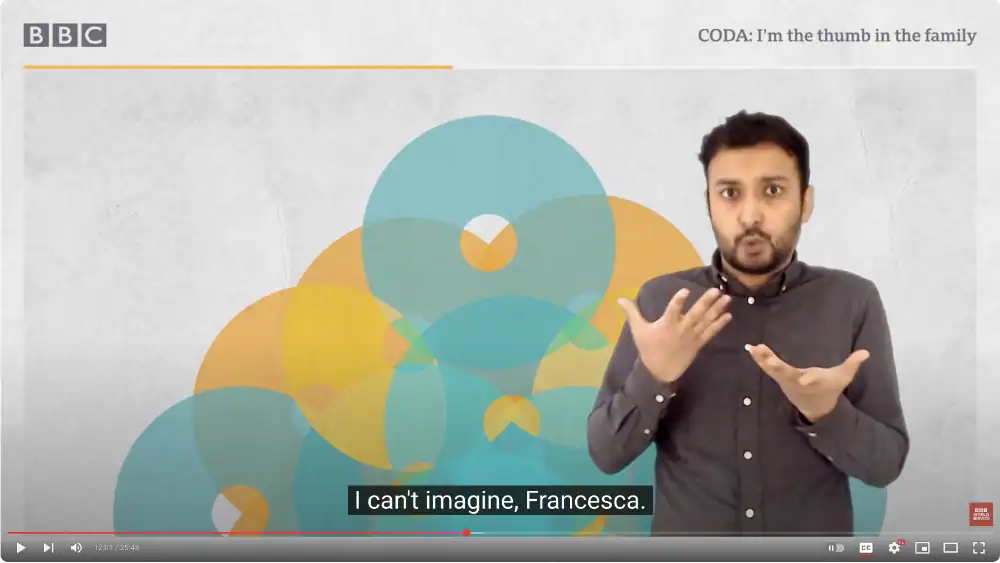
Subtitles and captions
Subtitling is the process of adding written text onto visual media, where the written text is a transcription of the spoken text. This type of translation is also known as audiovisual translation or multimedia translation.
The most common forms of subtitling are English captions on a foreign language film and subtitles for the hearing impaired. The latter form allows deaf and hard of hearing people to watch spoken language TV programmes and films.
Subtitling is a specialist skill that requires patience and attention to detail. It involves transcribing the spoken text into written text and then either translating or reformulating the language, using a variety of translation/reformulation techniques. The subtitles need to be short enough to fit on the screen, appear on screen for long enough to give the viewer time to read and process the information and be timed correctly to align with signed or spoken sentences and shot changes.
There are lots of different standards used in the industry for subtitling. For BSL video translations, we follow the industry standard for foreign language subtitling. This means we create the subtitles from the BSL source language directly, rather than from a spoken English translation. This allows us to ensure that the subtitles are timed correctly and the translation is accurate.
End-to-End Project Management
All we need from you is the source text and we will take care of the rest. We will prepare the translation, record the BSL in our purpose built studio, carry out quality checks, edit and format the video according to your requirements. We will return to you a final product ready to publish.
